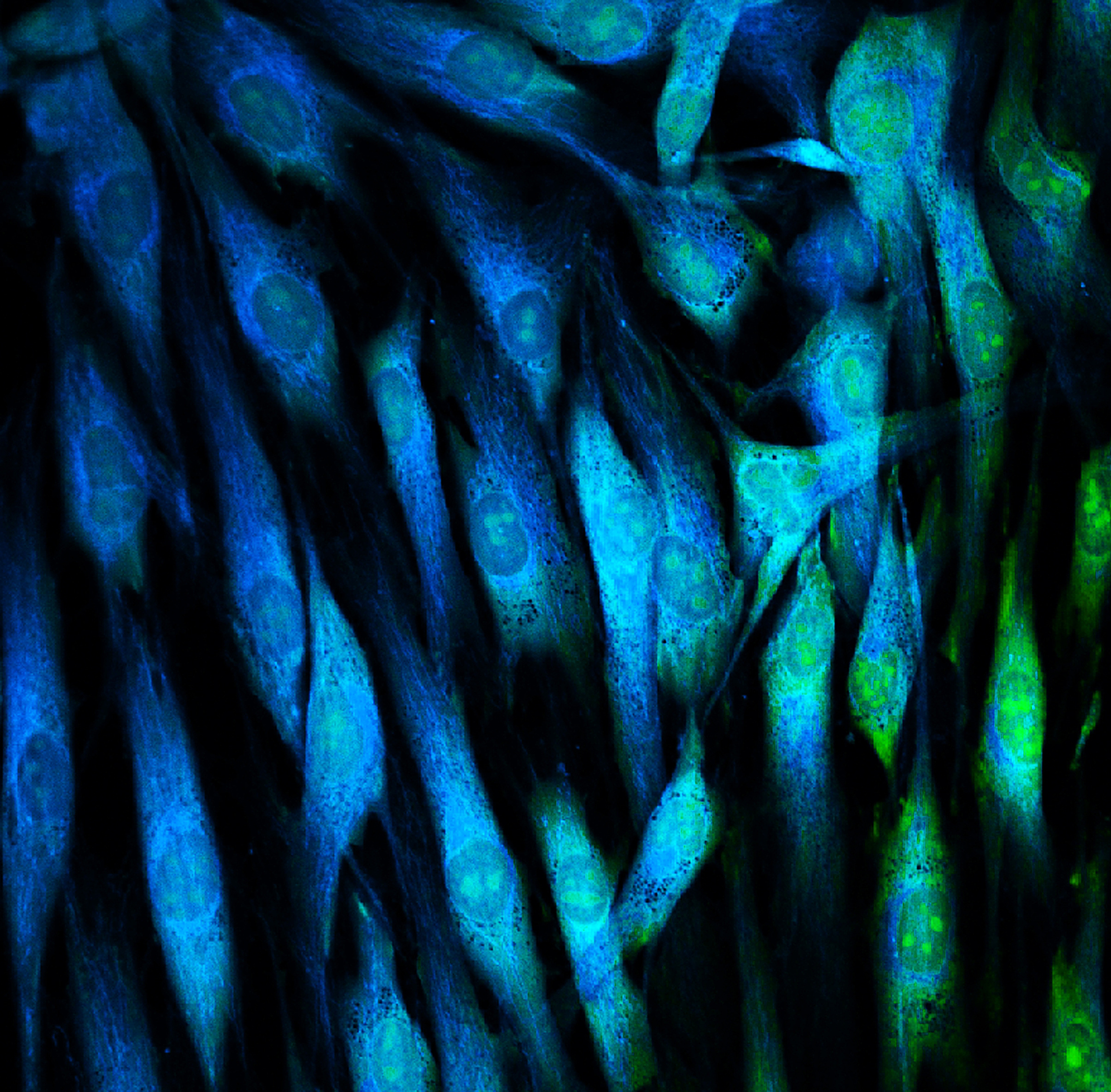
Researchers presented findings in cutaneous squamous cell carcinoma, late-stage melanoma, and refractory melanoma brain metastases at the ESMO Congress 2023, according to a report published in The ASCO Post.
In a 1-year follow-up to a multicenter phase II trial presented by Gross et al, researchers found that 79 patients with advanced resectable cutaneous squamous cell carcinoma who received neoadjuvant immunotherapy with cemiplimab followed by curative-intent surgery demonstrated favorable survival outcomes. Based on treatment response, the patients were offered up to 48 weeks of adjuvant cemiplimab, radiation therapy, or observation only. The estimated 12-month event-free survival rate was 89%, and none of the patients (n = 40) with a pathologic complete response experienced cancer recurrence.
In a study presented by Patel et al, researchers found that perioperative immunotherapy resulted in major pathologic response in patients with advanced melanoma.
Data from a phase II trial was presented by Burton et al. Researchers examined the safety and efficacy of atezolizumab, bevacizumab, and cobimetinib in 20 patients with treatment-refractory melanoma brain metastases. The researchers found that the intracranial response and intracranial benefit rates were 39% and 56%, respectively. Median progression-free survival was 2.7 months and median overall survival was 9.3 months. Eighteen of the patients experienced treatment-related adverse events and 7 of them experienced grade 3 or 4 events. The researchers concluded that the triplet combination was found to be tolerable and will merit further clinical evaluation. The results also underscored the significance of integrating multidisciplinary care into the evaluation of novel therapeutic strategies in this patient population.